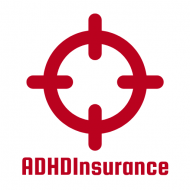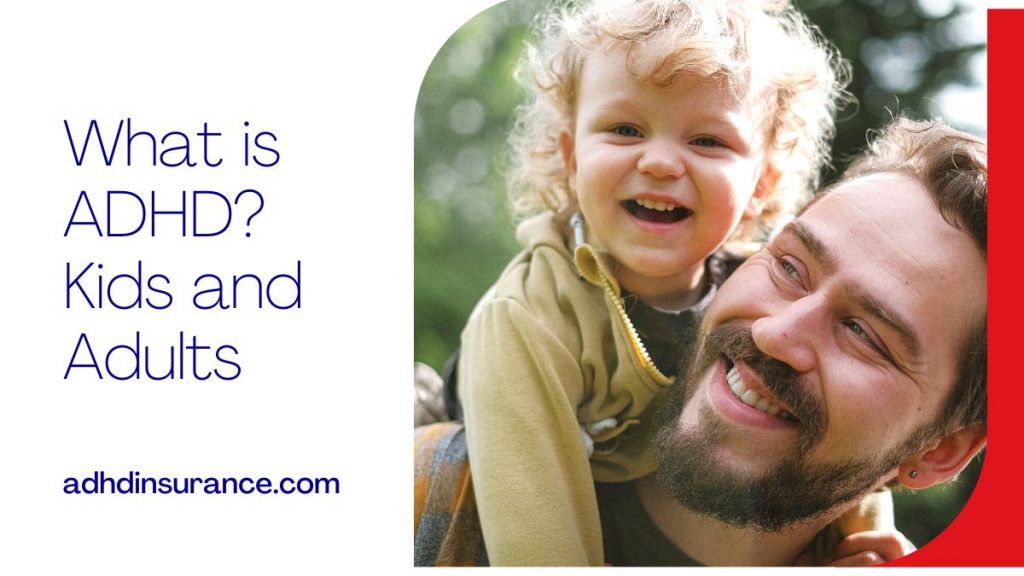What is ADHD? Kids and Adults
Attention deficit hyperactivity disorder (ADHD) is a neurodevelopmental disorder that affects approximately 5% of children and 2.5% of adults in the United States. It is characterized by difficulty maintaining attention, impulsivity, and hyperactivity.
Symptoms of ADHD typically appear in early childhood and may include difficulty paying attention, following instructions, and completing tasks, as well as impulsivity and hyperactivity. Children with ADHD may struggle with schoolwork, have difficulty following rules and routines, and may have difficulty making and maintaining friendships. Adults with ADHD may have difficulty with time management, organization, and completing tasks, and may have problems with relationships and employment.
The exact cause of ADHD is not fully understood, but it is thought to be related to a combination of genetic and environmental factors. Research has shown that ADHD tends to run in families, suggesting that there may be a genetic component to the disorder. Environmental factors such as exposure to toxins, premature birth, and certain medical conditions may also play a role in the development of ADHD.
There is no cure for ADHD, but it is a treatable disorder. Treatment for ADHD typically involves a combination of medication, therapy, and lifestyle changes. Medications for ADHD include stimulants such as amphetamines (e.g., Adderall) and methylphenidates (e.g., Ritalin) as well as non-stimulant medications such as atomoxetine (e.g., Strattera). These medications can be effective in reducing symptoms of inattention, impulsivity, and hyperactivity, and are often prescribed as part of a comprehensive treatment plan for ADHD.
Therapy can also be an effective treatment for ADHD. Cognitive behavioral therapy (CBT) and other forms of talk therapy can help individuals with ADHD learn coping strategies and skills to manage their symptoms. Other therapies such as occupational therapy and social skills training may also be helpful in managing the challenges associated with ADHD.
In addition to medication and therapy, making lifestyle changes can also be helpful in managing ADHD. This may include developing routines and structure, setting goals and breaking tasks into smaller steps, and seeking support from family and friends.
It is important to note that treatment for ADHD should be individualized, and what works for one person may not work for another. It is important to work closely with a healthcare provider to find the most appropriate treatment plan for your specific needs.
Living with ADHD can be challenging, but with proper treatment and support, it is possible to manage the symptoms of the disorder and lead a fulfilling and successful life. If you or someone you know is struggling with symptoms of ADHD, it is important to seek help from a healthcare provider. With the right treatment and support, it is possible to effectively manage ADHD and achieve your goals.
Dr. Jonathon Preston is a respected mental health specialist dedicated to helping individuals overcome challenges. With advanced training in psychology and decades of experience in the mental health field.

